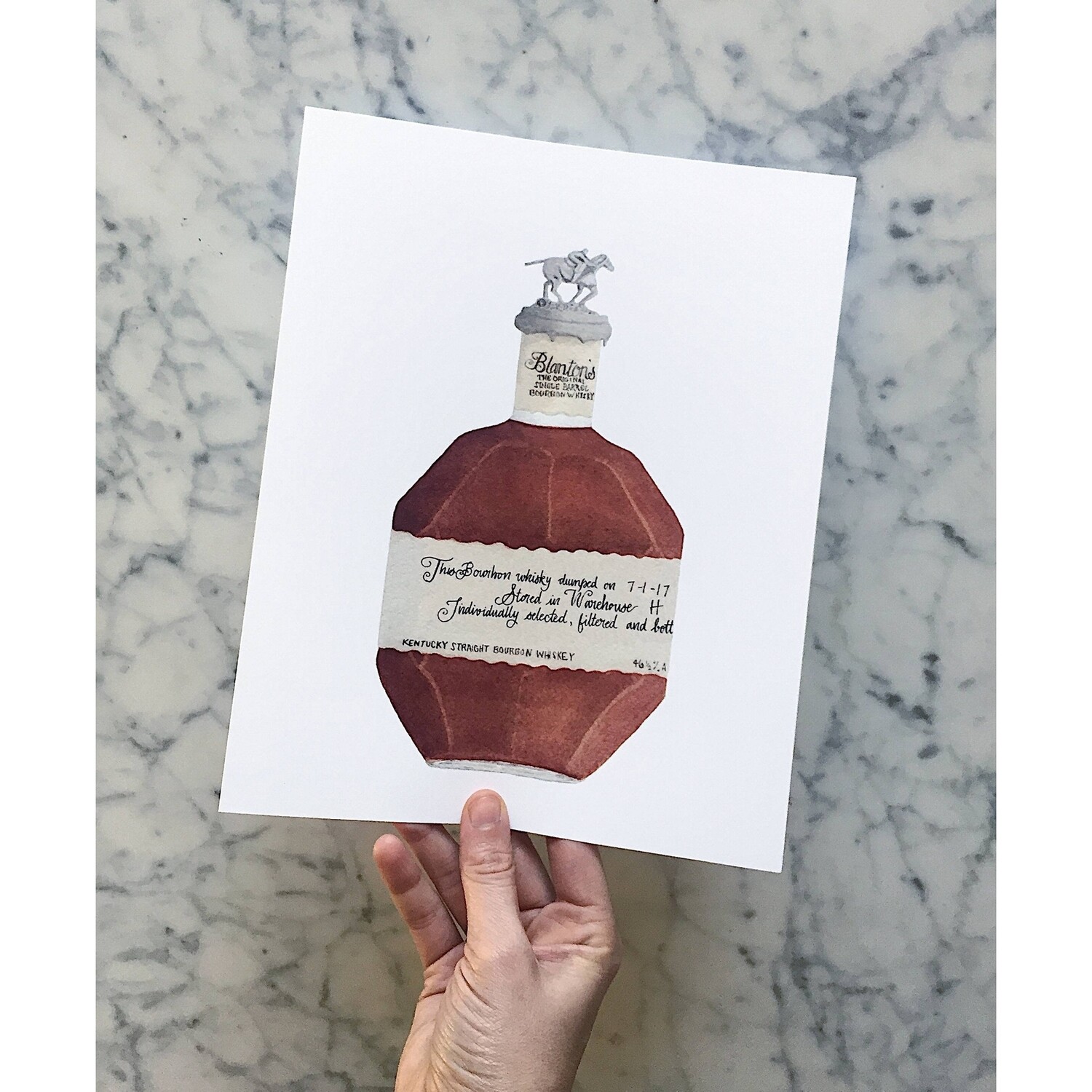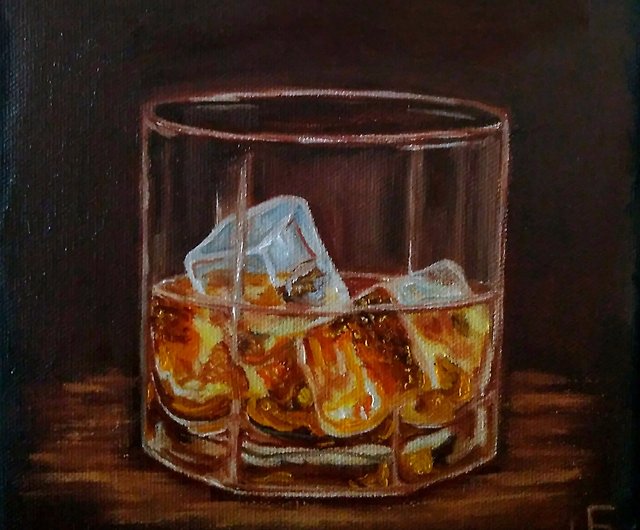Change Your Area with Stunning Whiskey Art Inspired by Nature
Change Your Area with Stunning Whiskey Art Inspired by Nature
Blog Article
The Importance of Whiskey Art in Celebrating Heritage and Craftsmanship in the Beverage Sector
The intricate connection in between whiskey art and the celebration of heritage and workmanship within the drink market can not be overemphasized. Via thoughtfully made tags and bottles, bourbon brand names encapsulate their historic origins and the artisanal abilities that define their manufacturing approaches.
The Historical Origins of Whiskey
At the heart of scotch's allure exists an abundant tapestry of historic origins that map back to ancient civilizations. The beginnings of bourbon can be linked to the purification methods of the Sumerians and Babylonians around 2000 BCE, where very early kinds of fermented grain beverages started to emerge. However, it was in the Middle Ages that the art of distillation evolved significantly, especially in Ireland and Scotland, bring about the development of scotch as we understand it today.
The term "scotch" itself stems from the Gaelic word "uisce beatha," meaning "water of life." This phrase underscores the cultural value of scotch in Celtic societies, where it was commonly connected with routines, parties, and public bonding. By the 15th century, distillation came to be a recognized craft within monastic neighborhoods, leading the means for the facility of legal distilleries.
As profession courses broadened, scotch's popularity expanded, going beyond local borders and capturing the passion of aficionados worldwide. Whiskey Art. This historical journey mirrors not just the craftsmanship behind bourbon production yet likewise its indispensable function in social and social contexts, marking it as a significant beverage throughout history
Artistic Expression in Branding
Bourbon branding stands as a compelling intersection of creativity and business, where visual identification plays a critical function in forming consumer understanding. The visual appeals of whiskey labels, packaging, and advertising and marketing products show not just the brand's story however also its core worths and heritage. Through creative expression, distilleries share a story that resonates with customers, evoking emotions and stimulating links.
Using shade, typography, and images in branding offers to distinguish products in a saturated market. For instance, traditional themes may stimulate a sense of credibility and workmanship, while modern designs can symbolize development and forward-thinking. This critical artistic direction enhances brand recognition and commitment, enabling consumers to create a personal relationship with the bourbon they choose.
Furthermore, creative expression in branding typically acts as a celebration of regional heritage. Distilleries frequently include regional signs or historical recommendations right into their layouts, developing a feeling of place that invites consumers to partake in a wider cultural experience. Ultimately, the virtuosity behind bourbon branding not only enhances visual allure but additionally enriches the overall story of the brand name, promoting a deeper gratitude for the workmanship and heritage ingrained in each bottle.
Workmanship in Bottle Design
The virtuosity obvious in whiskey branding extends beyond visual identity to incorporate the workmanship included in bottle style. Each container serves as a vessel not simply for the spirit within, but likewise for the tale it outlines its practice, top quality, and origin. The design procedure needs precise focus to detail, as aspects such as material, closure, and form contribute considerably to the total assumption of the bourbon.
Workmanship in container design entails choosing top quality glass that can boost the scotch's shade and clearness, while likewise supplying a responsive experience for the consumer. The silhouette of the get redirected here container need to be both aesthetically appealing and useful, usually showing the heritage of the brand name. Several distilleries opt for special shapes or printed logo designs that evoke a feeling of authenticity and background.
Furthermore, the label style and typography play a critical duty in communicating the brand's story. Whiskey Art. A well-crafted bottle not only mesmerizes the consumer's eye yet additionally reinforces the brand name's commitment to top quality and practice. This way, the craftsmanship of bottle style becomes an important facet of the bourbon experience, combining creativity with an extensive respect for heritage
Cultural Significance of Bourbon Art
Commemorating custom and craftsmanship, the social importance of bourbon art goes beyond simple visual appeals, linking with the historic and social stories of the areas from which it comes from. Each bottle acts as a canvas, showing the one-of-a-kind tales, mythology, and traditions that have shaped local whiskey-making methods. The intricate layouts often reflect the heritage of the distillers, integrating icons and themes that resonate with the culture and worths of their communities.

Furthermore, whiskey art plays an important duty in public gatherings and events, acting as a tangible link in between people and their shared experiences. By valuing the virtuosity in scotch packaging, consumers cultivate a much deeper understanding and respect for the craft, eventually enhancing their enjoyment of the beverage itself.
Modern Trends in Whiskey Presentation
In recent times, the presentation of scotch has evolved to show contemporary tastes and fads while still honoring conventional craftsmanship - Realism Art. Distilleries are significantly concentrating on aesthetic aspects that boost the general alcohol consumption experience, linking the space between heritage and modernity
Ingenious bottle layouts have actually emerged, typically integrating sustainable materials and artistic tags that inform engaging tales. Lots of brand names currently team up with regional musicians, instilling their items with special visual expressions that reverberate with consumers. Additionally, limited-edition launches are often packaged in collectible containers, including value and allure for connoisseurs.

Conclusion
To conclude, scotch art works as an essential conduit for revealing the heritage and workmanship intrinsic in the beverage industry. Via detailed branding, ingenious container layouts, and culturally significant imaginative components, whiskey brand names effectively recognize their traditions and get in touch with customers. This artistic narrative not just boosts the gratitude of bourbon but also reinforces area identification and satisfaction amongst manufacturers. Inevitably, bourbon art plays an essential role in preserving and commemorating the abundant social tapestry of whiskey-making.


Craftsmanship in container layout entails selecting premium glass that can improve the bourbon's color and clearness, while additionally giving a responsive experience for the customer. In this means, the workmanship of bottle view it now layout becomes an important facet of the scotch experience, combining virtuosity with an extensive respect for heritage.
In conclusion, bourbon art serves as an essential conduit for expressing the heritage and craftsmanship fundamental in the beverage market.
Report this page